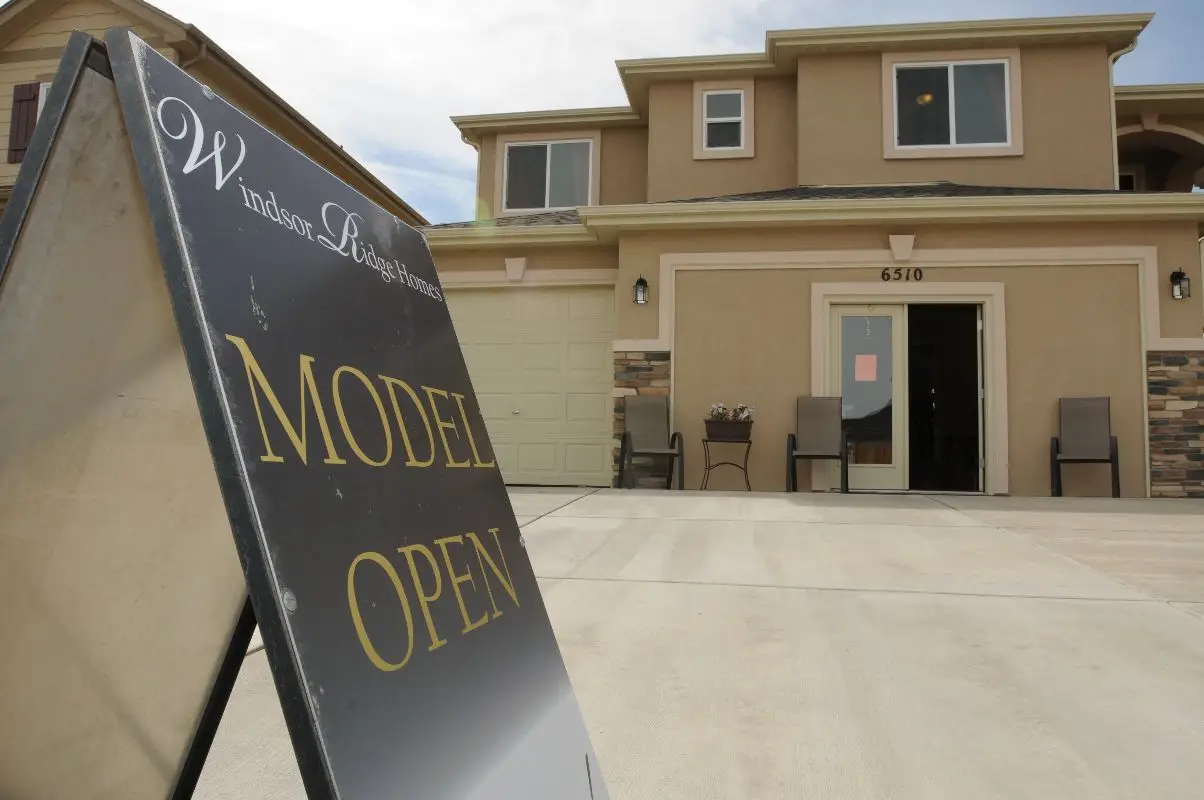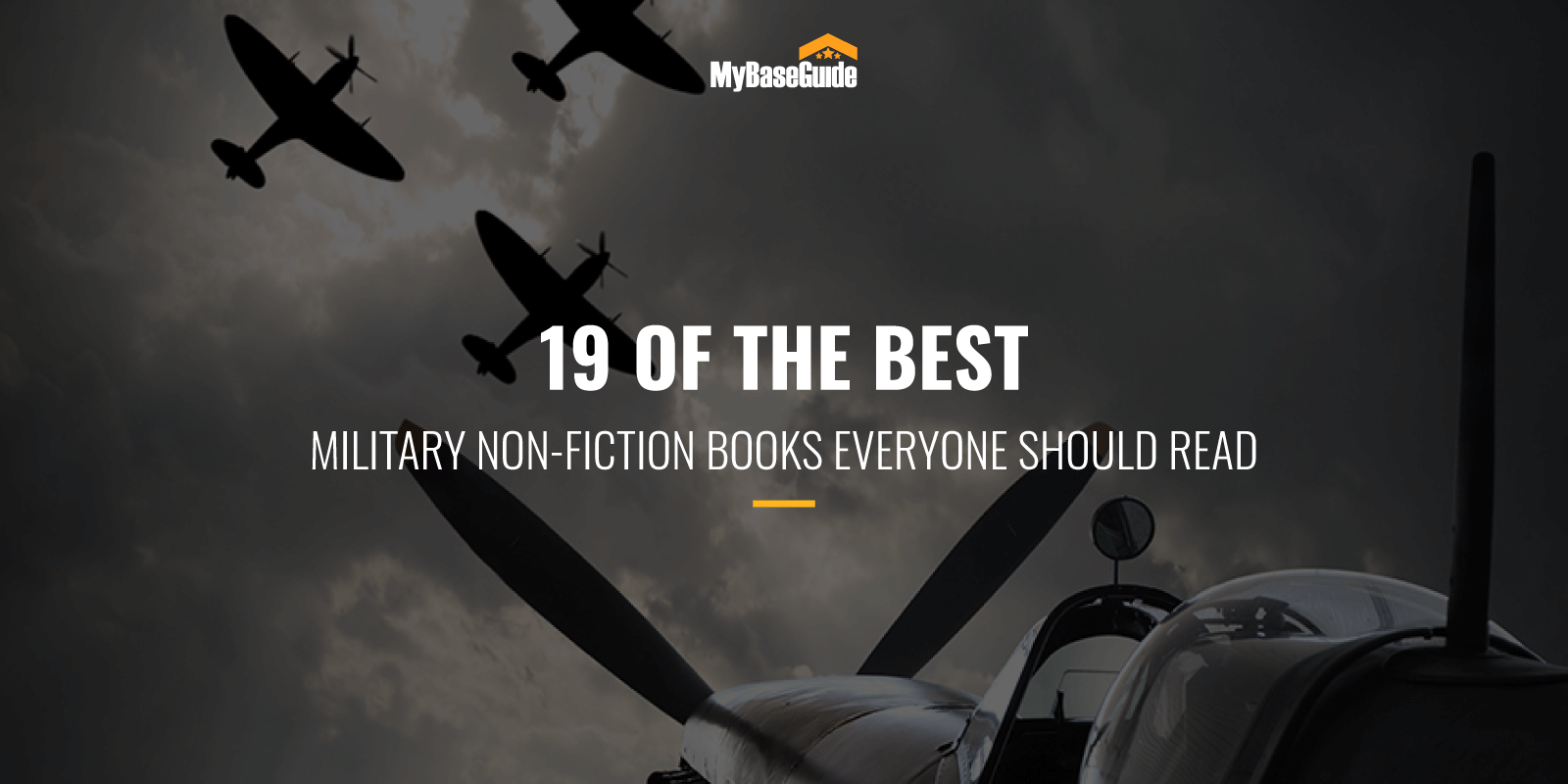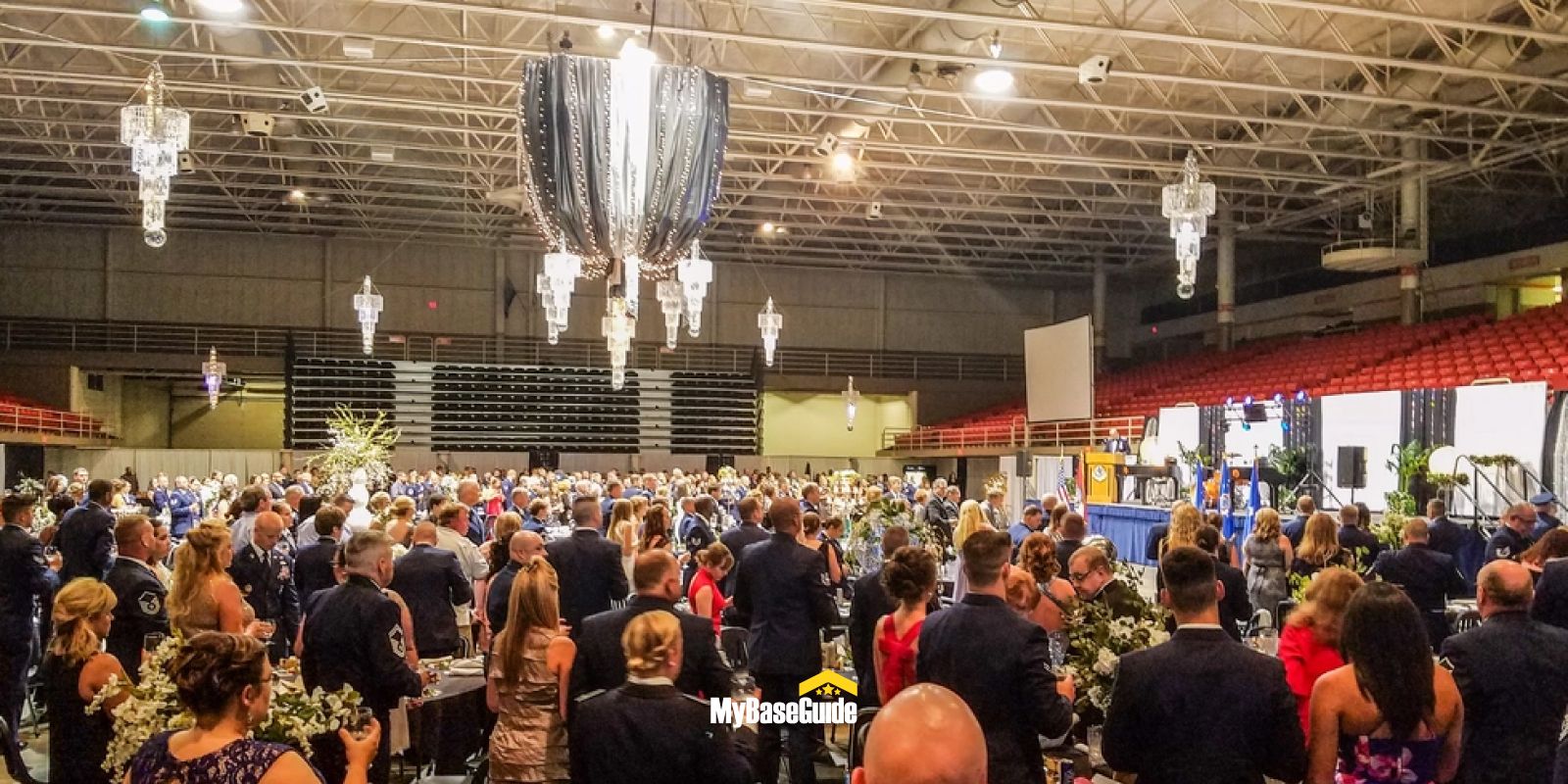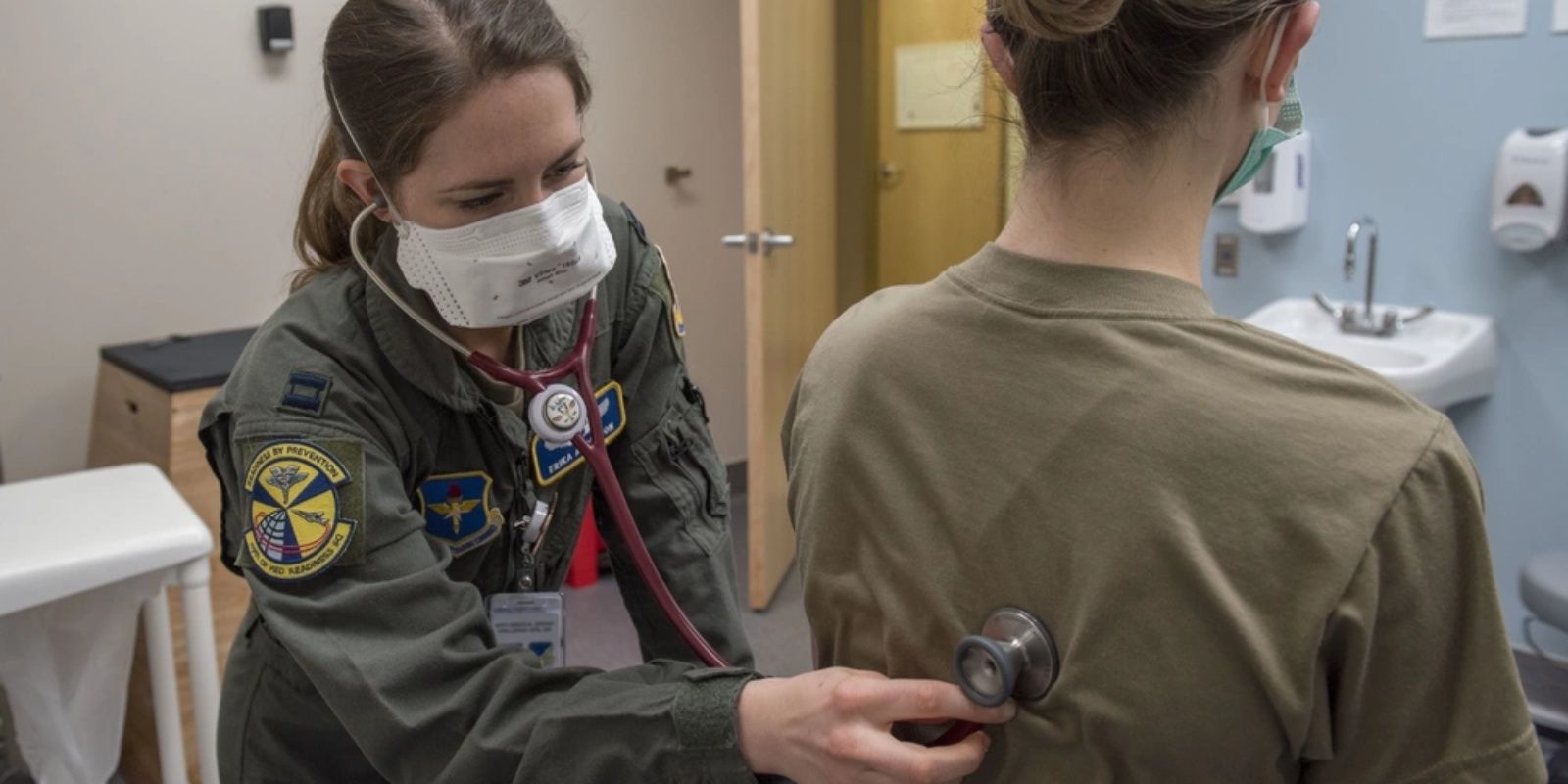10 THINGS TO KNOW BEFORE OBTAINING A VA HOME LOAN

Veterans Affairs employs assessors and appraisers to ensure that each home purchased by service members is priced correctly. (U.S. Army photo by Sgt. Eric Glassey, 4th Inf. Div. PAO)
By Tracy Fuga
Active-duty service members, veterans and eligible surviving spouses receive many benefits not available to most civilians, but some of these benefits go unused because of lack of awareness. Service members and veterans alike might not realize that they can obtain a home loan with lower interest rates, bad credit or bankruptcies, no down payment and a higher debt-to-income ratio and that all this can be done without using private mortgage insurance.
Eligibility for a Department of Veterans Affairs home loan is far-reaching. The VA offers the benefit to most active-duty members of the military, veterans, Reservists and National Guard members. Spouses of military members who died while on active duty or as a result of a service-connected disability may also apply. Active-duty members generally qualify for this benefit after about six months of service.
With so many people eligible to qualify for a low-interest loan, it’s not surprising that it is widely used. According to figures from real estate website Trulia.com, nearly 80 percent of veterans owned their own homes in 2015, compared with 63 percent of nonveterans. However, this number could be even greater if the benefit was better understood.
Here are 10 things to know about VA home loans:
1. VA home loans are not issued directly from a government agency. The loan is provided by private lenders, including traditional banks, credit unions such as Navy Federal Credit Union and mortgage companies. The VA guarantees a portion of the qualified mortgage loan, enabling the lender to provide the borrower with more favorable terms.
2. The loan must be used for primary residences only. There are a few exceptions to this rule. For example, multi-unit properties are allowed as long as you occupy one of the units, and secondary/vacation properties are included as long as the veteran’s spouse occupies the residence.
3. The loan can be used only to purchase specific types of homes. Working farms, foreign properties and fixer-uppers are excluded, while single-family homes, condos and modular homes are OK. In addition, homes must be in move-in ready condition.
4. New homes can be built using a VA home loan, but there are several clauses that make this difficult. Generally it is easier to obtain a standard home loan to build a home then refinance the completed home (using the VA home loan).
5. This benefit does not expire. Once you have earned this right, it never goes away. Vietnam veterans who have not already used this benefit are still eligible. To check eligibility, a VA-approved lender can request your VA Certificate of Eligibility using your DD Form 214, or you can request it directly from the VA’s eBenefits website.
6. It can be used again. There are several ways to use this benefit multiple times. The most common occurs when you sell your home and pay off the VA loan completely. Your entitlement is restored, and you can use the benefit again to purchase another home.
7. Veterans receiving compensation for service-connected disabilities are exempt from paying the VA funding fee. This fee is used to defray the cost of the program and is generally between 1.25 percent and 3.3 percent of the loan amount. The funding fee is based on the nature of the borrower’s service, if there is a down payment and whether the borrower has had a prior VA loan.
8. Bad credit, bankruptcy or a foreclosure? No problem. You can still qualify for a VA home loan if your financial past is less than perfect. There are exceptions, though. If you have a foreclosure involving a VA home loan, the amount owed on the foreclosed VA loan needs to be repaid to regain eligibility.
9. There are limits to the amount that can be borrowed (with the VA guaranty). These limits affect the amount of money a financial institution will lend you, and the amounts vary by county. The 2017 limits can be found here.
10. No money down, no private mortgage insurance and lower interest rates. The biggest advantage of a VA home loan is that borrowers aren’t required to put any money down and can do so with interest rates that are generally lower than traditional loans. Other loans might allow a borrower to be financed without money down, but they will pay a steep penalty in the form of PMI that will add hundreds of dollars to your monthly mortgage payment. This VA benefit saves money upfront and increases your buying power.
SHARE:
TAGS:
JOIN OUR NEWSLETTER
Get the latest news and military discounts



